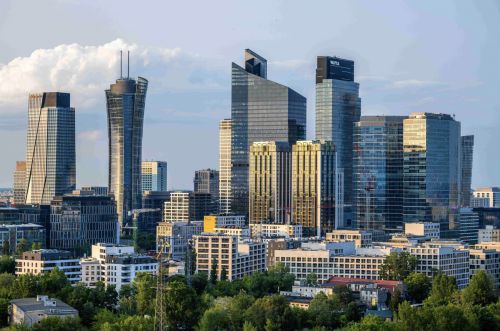In such a situation the uncertainties on the WSE – mainly the impact of government policy on Polish blue chips and the decline in trading on the stock exchange – have left the WIG20 languishing at its long-term minimum of around 1,700 points. Meanwhile, global financial markets are bracing themselves for the result of the US presidential elections in early November. A Donald Trump victory might spark panic across the world’s bourses, judging by the reaction to the Brexit referendum in June. The closer we get to the vote, and the more pre-election polls show how possible a victory for the economically unpredictable Trump is, the more volatile the stock exchanges will be. The insecurity factor hanging over the US presidential elections has led to the restoration of ‘cash as king’ as investors – and not only those across the pond – are increasingly approaching the purchases of large stakes in companies with greater caution. And this is true despit


























































